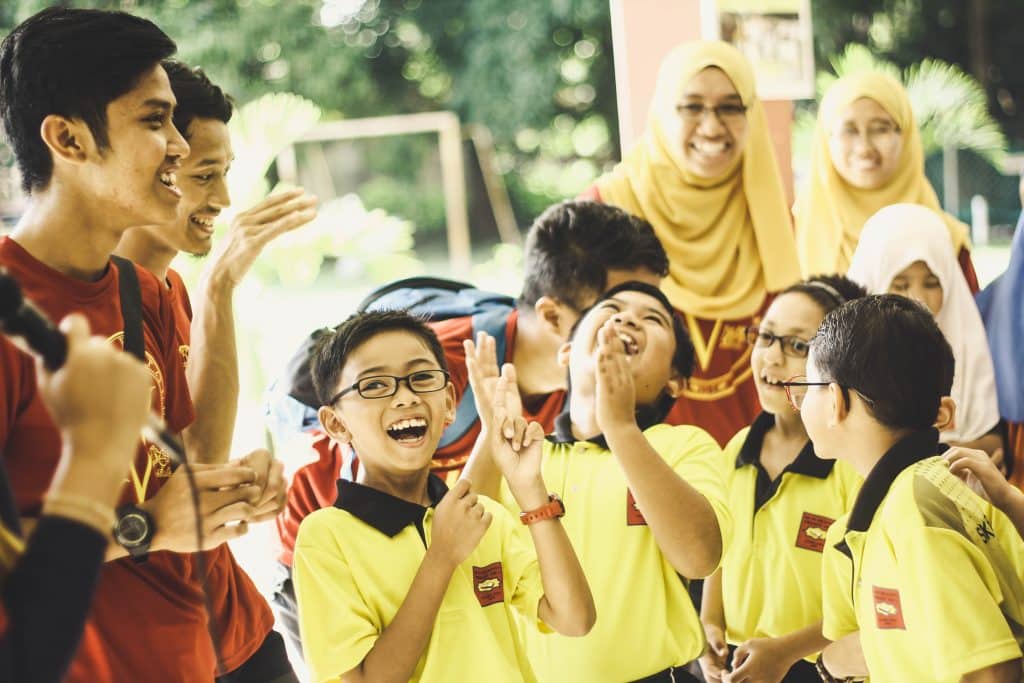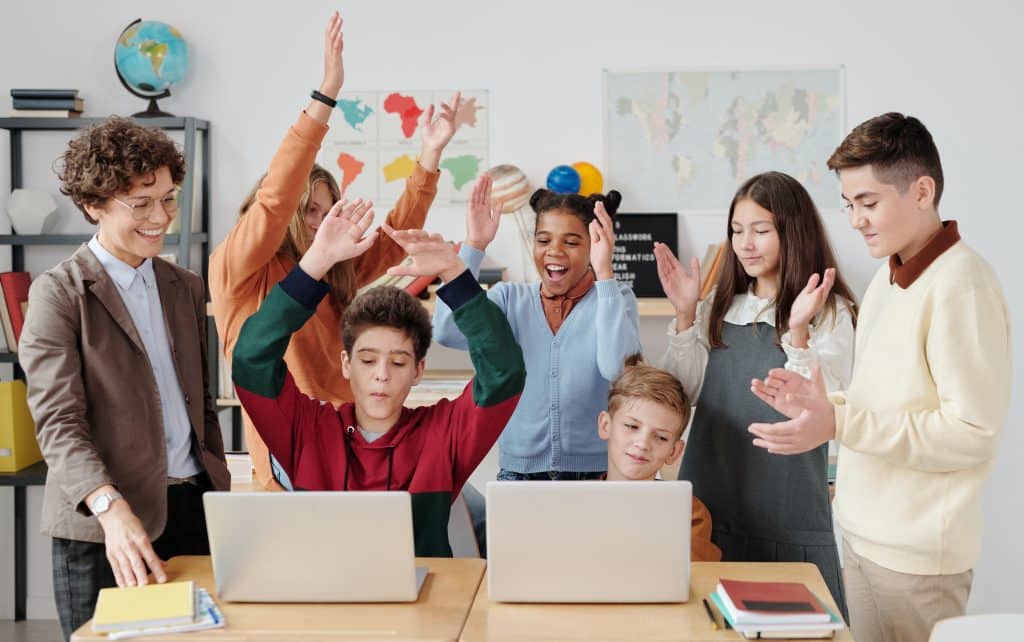As a parent, you want the best for your child, especially when it comes to education. For parents of neurodivergent kids or kids with thinking and learning differences, finding the right support can be tough. Don’t worry! This guide will help you understand special education programs in public schools so your child gets the help they need to succeed.
Table of Contents
What is Special Education? A Quick Overview
First, let’s talk about what special education is. It’s a way of teaching that helps kids with disabilities or learning differences. The goal is to give these kids an equal chance to learn and do well in school. There are some essential terms you should know when it comes to special education:
- Individualized Education Program (IEP): A plan that lists the goals, services, and help a child with special needs will get. It’s made by a team of people and the child’s parents.
- Least Restrictive Environment (LRE): The idea that kids with special needs should learn in the most inclusive place possible, with other kids who don’t have disabilities.
- Free Appropriate Public Education (FAPE): A rule that says public schools must give a special education that fits a child’s needs without charging the family.

Read more: IEP Learning Disability
Now that you know the basics let’s explore the different types of special education programs in public schools and how you can support your child’s learning journey.
Different Types of Special Education Programs in Public Schools
There is more than one way to teach kids with special needs. Public schools have many programs and services to help all kinds of students.
Here are some common types of special education programs:
- Inclusive classrooms: Kids with special needs learn with other kids in a regular classroom. They get help from special education teachers and other experts.
- Resource rooms: A separate room where kids with special needs get extra help for part of the day. They still go to regular classes, too.
- Self-contained classrooms: A separate room where kids with special needs learn from a special education teacher all day.
- Specialized programs: Programs made for specific disabilities or learning differences, like autism or dyslexia.
It’s important to remember that each child is unique, and the best program for your child will depend on their specific needs and goals. Talk to your child’s school and special education team to find the right fit for your child.
How to Stand Up for Your Child’s Needs
You play a big part in making sure your child gets the help they need. Here are some tips for standing up for your child in the special education system:
- Stay informed: Learn about your child’s rights under the law and your state’s rules for special education.
- Build relationships: Talk openly with your child’s teachers, school leaders, and other experts who work with them.
- Join the IEP process: Go to IEP meetings and work with the team to make a plan that helps your child.
- Keep records: Save your child’s evaluations, IEPs, and other important papers. This helps you track their progress and ask for changes if needed.
- Find support: Connect with other parents of kids with special needs or join a local group to share experiences and resources.

Read more: IEP for Parents
Remember, you are your child’s biggest advocate. By staying involved and informed, you can help ensure your child receives the support they need to succeed in school.
Looking for More Help and Resources
Special education programs in public schools are important, but there’s more help out there. Think about these options:
- Private therapy: Speech, occupational, or physical therapy can add to the help your child gets at school.
- Assistive technology: Tools and software can help kids with special needs learn and join in class activities.
- Community programs: Local groups might have after-school programs, summer camps, or social skills groups for kids with special needs.
- Parent training: Classes and workshops can teach you ways to help your child learn and behave at home.
Remember to explore different resources and supports. The more help your child receives, the better their chances of success in school and beyond.
Goally | Apps To Support Child Development
Looking for fun ways to help your child learn life skills? Try Goally! The Goally tablet comes with award-winning learning apps and video classes to help kids develop the skills they need to become independent with FUN & evidence-based practices.

Our apps teach executive function, language, emotional regulation, finger dexterity skills, and more.
As your child develops new skills, you can increase the difficulty level of the tasks in the app to challenge and motivate them even further. This helps your child grow and progress at their own pace, while also keeping them engaged and excited about their development.

Last Thoughts: Helping Your Child Through Special Education
Learning about special education programs in public schools can be a lot to take in, but with the right information and help, you can be a strong supporter for your child. By working with your child’s school and finding more resources, you can help your child reach their goals and have a great time learning. Remember, you’re not alone on this journey, and together, you and your child can achieve success.
This post was originally published on 04/25/2023. It was updated on 09/08/2023.

Goally
We help parents teach their kids life skills, like doing bedtime and morning independently. Backed by science, we incorporate evidence-based practices and expert-informed designs in all of our apps and content.





